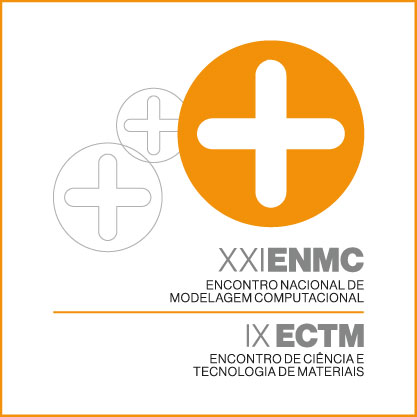EXPERIMENTAL DESIGN AND RESPONSE SURFACE METHODOLOGY FOR TRANSESTERIFICATION REACTION OF TRIGLYCERIDES IN BIODIESEL PRODUCTION
Abstract
The global energetic matrix is still highly dependent on fossil fuels. However, the global overview is changing due to reasons related to the environment, the global economy and energy. Among the processes of transesterification, the heterogeneous present limited conversions when comparing with homogeneous processes, however, it reduces water consumption and the occurrence of undesirable parallel reactions. Accordingly, this work evaluated the influence of the independent variables weight percentage of catalyst and methanol/oil molar ratio on the yield of the transesterification reaction for the production of biodiesel, using soybean oil as a source of triglyceride and a heterogeneous catalyst prepared from the impregnation of potassium iodide and titanium dioxide in silica. Using Central Composite Rotatable Design (CCRD) with 11 experimental repetitions, it was verified that the factors studied presented both linear and quadratic significance. By applying the F test, it was possible to confirm the validity of the statistical model generated. From the response surface, the optimum yield was verified to be around 92%, when 7.55% (m/m) of catalyst is used and the methanol/oil ratio is equivalent to 49.79. Experiments using these values showed a yield of 95%, close to the value predicted by the model..Downloads
Published
22-12-2018
Issue
Section
Aplicações em Engenharia Química


